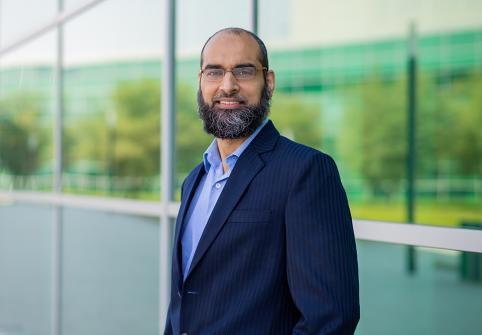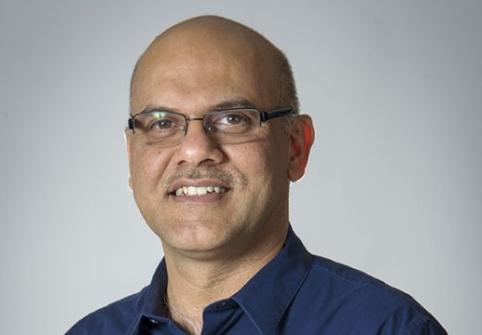People HBKU Qatar Computing Research Institute Scientist Discusses SEIR Modeling for COVID-19
Hamad Bin Khalifa University research institute partakes in international webinar
Dr. Halima Bensmail, Principal Scientist and Associate Professor, Qatar Computing Research Institute (QCRI), part of Hamad Bin Khalifa University, delivered a talk entitled "Toward a Successful Reopening of the Economy: Epidemiological Insights SPECS". The talk was part of a webinar hosted by the Texas Tech University (TTU) Obesity Research Institute (ORI).
Using the SEIR (Susceptible, Exposed, Infectious, Recovered) model, Dr. Halima discussed the different non-pharmaceutical mechanisms of COVID-19 intervention and their efficacy in containing the disease. She explained the relation between mobility, reproduction number, and other factors that influence the rate of transmission. She also highlighted the significance of accounting for unreported or asymptomatic cases in implementing measures for controlling the spread of disease.
Since the early stages of the pandemic, SEIR models have been an essential instrument in the strategic implementation of preventive measures against COVID-19. As governments start opening their economies, public safety remains the top consideration, along with the prevention of possible medical relapse. Dr. Halima's presentation illustrated how epidemiological data helps in creating a strategy for economic reopening and the gradual easing of mobility after the COVID-19 restrictions.
For more information on QCRI, please visit qcri.hbku.edu.qa.




